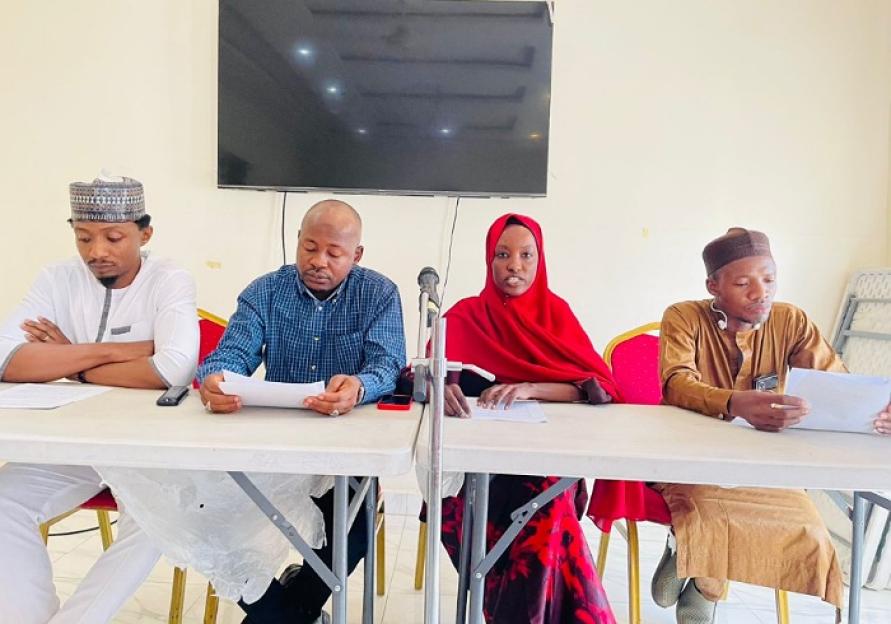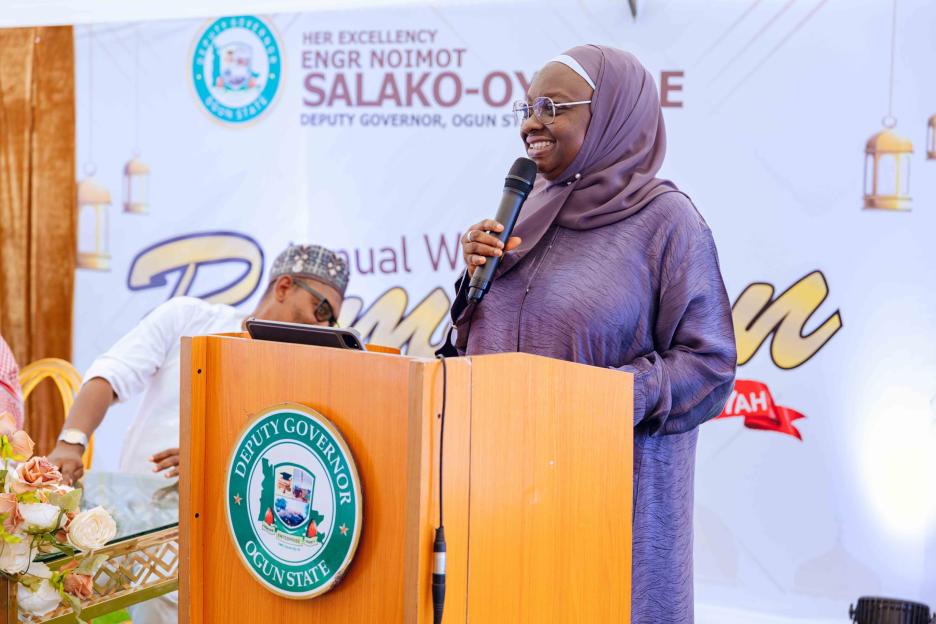Table of Contents
- Introduction
- Press Briefing Highlights
- Gender and Climate Justice
- Call to Action
- Commitment to a Sustainable Future
The Centre for Information Technology and Development (CITAD) has cautioned that Nigeria's digital transformation agenda is failing to address the needs of women, girls, and communities already impacted by climate change.
During a press briefing held on Thursday in Kano, CITAD noted that while national digital policies continue to evolve, they still neglect those who are most vulnerable.
Fatima Babakura, the Project Lead representing Executive Director Y.Z Yau, stated that the organization’s recent findings indicate that key policy documents lack perspectives on gender and climate justice.
She remarked, “It has become increasingly evident that the intersection of gender, technology, and the environment is no longer an optional discussion. It is essential if Nigeria seeks an inclusive and resilient digital future.”
Babakura elaborated that although new frameworks are being established to promote innovation, data governance, and digital trade, many fail to consider how climate change impacts women's access to technology, digital skills, online safety, and economic opportunities.
“These gaps are exacerbated by the absence of gender-responsive planning and the limited visibility of environmental sustainability within digital governance frameworks.
“Our research and consultations reveal that feminist and climate justice perspectives remain significantly underrepresented in the design, implementation, and evaluation of national digital policies. Women in rural and climate-affected areas continue to encounter obstacles in accessing digital resources, engaging in decision-making processes, and fully benefiting from the opportunities available in Nigeria’s digital economy.
“Without intentional integration of gender and environmental considerations, digital transformation risks exacerbating existing inequalities and hindering technology's potential as a driver of resilience and sustainable development,” she disclosed.
The organization called for action from government ministries, civil society groups, donors, and the media.
It urged the Federal Ministry of Communications, Innovation, and Digital Economy to prioritize the integration of gender and climate justice across all digital frameworks.
Babakura also encouraged policymakers to utilize participatory methods that involve women's groups, youth, persons with disabilities, and climate-affected communities at every stage of policy development.
She emphasized that development partners should support initiatives that connect digital rights, gender equality, and climate resilience, while the media should raise awareness about the challenges faced by marginalized groups in Nigeria’s digital landscape.
“As Nigeria moves towards a fully digital society, it must consciously choose a transformative path that uplifts all citizens.
“Incorporating gender and climate justice into digital policy is not merely a question of fairness; it is essential for national sustainability, social cohesion, and long-term development,” Babakura concluded.
CITAD reaffirmed its commitment to fostering a fair and sustainable digital future.
Frequently Asked Questions
What is the main concern raised by CITAD regarding Nigeria's digital transformation?
CITAD has highlighted that Nigeria's digital transformation agenda fails to address the needs of women, girls, and communities affected by climate change.
What recommendations did CITAD make for policymakers?
CITAD recommended that policymakers adopt participatory approaches that include marginalized groups and prioritize gender and climate justice in digital policy frameworks.
Why is integrating gender and climate justice into digital policy important?
Integrating these elements is crucial for ensuring fairness, promoting national sustainability, fostering social cohesion, and supporting long-term development.







